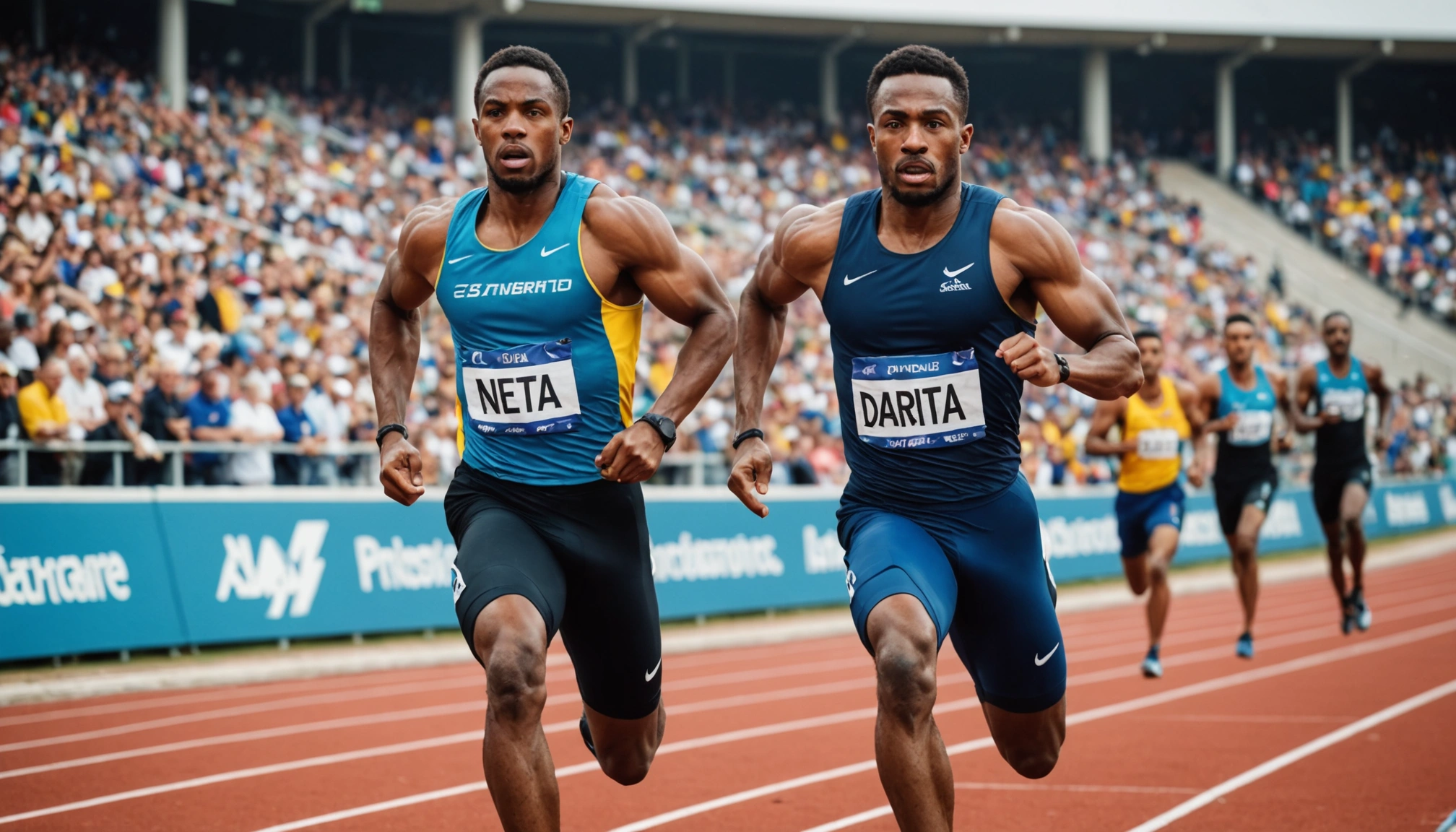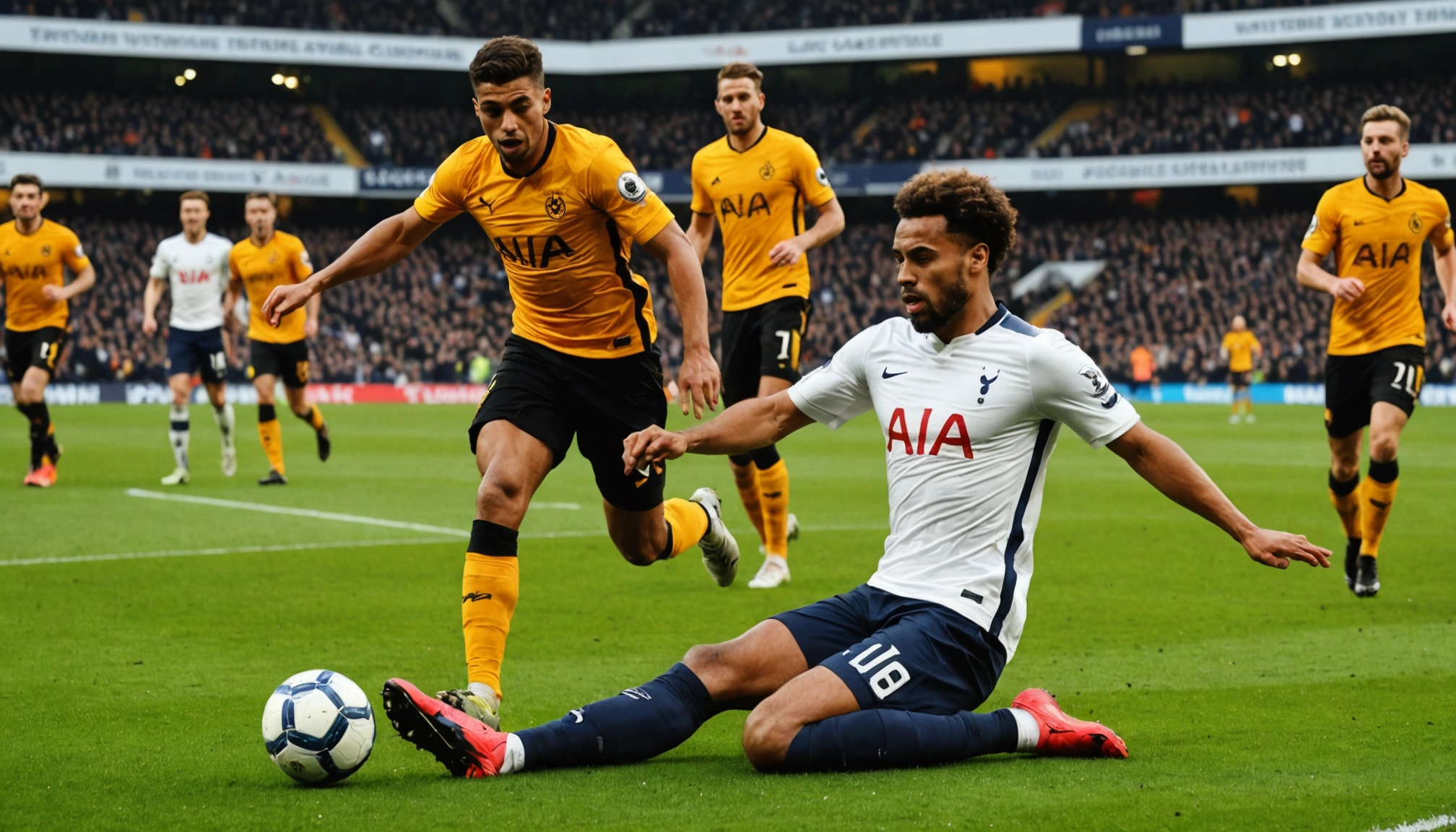Daryll Neita speaks out on unpaid Grand Slam Track earnings
British sprinter Daryll Neita reveals athletes are still owed money from the cancelled Grand Slam Track 2025 season, highlighting the need for fair athlete pay.

By Editorial
Daryll Neita highlights ongoing payment issues from Grand Slam Track
British sprinter Daryll Neita has publicly confirmed that athletes who competed in the inaugural Grand Slam Track series remain unpaid for the 2025 season. The athletics competition, which was launched with high hopes and backed by Olympic legend Michael Johnson, promised substantial prize money and salaries but faced cancellation of its final leg due to financial difficulties. Neita’s comments have brought renewed focus on the financial challenges faced by professional athletes in new sporting ventures.
The promise and breakdown of the Grand Slam Track series
The Grand Slam Track was designed as a groundbreaking athletics circuit aimed at elevating track and field's global appeal. It featured four legs, with lucrative prize pots totaling $12.6 million (approximately £10 million), including up to $100,000 (£73,600) for race winners. Contracted athletes also received salaries, positioning the series as a potentially transformative opportunity for competitors.
Neita competed in the first two legs held in Kingston, Jamaica, and Miami, praising the event for its professional organisation and the five-star experience offered to athletes. However, in June 2025, the fourth and final leg was abruptly cancelled due to economic concerns, leaving many athletes in limbo over unpaid earnings.
Daryll Neita’s perspective on athlete compensation and future prospects
Speaking ahead of the World Athletics Championships in Tokyo, where she competes in the 100m, 200m, and 4x100m relay, Neita expressed hope for resolution but confirmed that payment issues remain unresolved. "I think we all are still owed money," she said, underscoring the financial uncertainty impacting athletes who invested time and effort into the competition.
Neita emphasised the importance of the Grand Slam Track as an initiative that could positively transform athletics, advocating for the series to continue once financial disputes are settled. This stance reflects a broader conversation about athlete remuneration and the sustainability of new sporting events in an increasingly competitive market.
Financial realities and athlete welfare in modern athletics
The Grand Slam Track’s financial troubles highlight the precarious nature of athlete incomes outside established competitions. While top-tier athletes may command significant sponsorships and prize money, many rely on consistent payments from organisers to support their careers and livelihoods.
Neita’s situation is illustrative of wider systemic issues. The cancellation of major events can disrupt income streams, leaving athletes vulnerable. This is particularly relevant in the UK context, where emerging talents often balance training with financial pressures. For instance, British sprinters like Neita are striving for breakthroughs on the world stage while navigating these economic challenges.
Comparisons with other sports and leagues
Financial instability is not unique to athletics. Other sports in the UK have faced similar issues recently. For example, in football, transfer market volatility and regulatory changes can impact player contracts and earnings, as discussed in our Premier League and beyond key football transfers September 2025 article.
Likewise, emerging competitions in darts and golf have had to balance prize money with sponsorships and audience engagement, as seen in the Darts 2025 schedule and key tournament highlights and Key golf tournaments to watch from September 2024 coverage.
What this means for athletes and the future of athletics competitions
Neita’s vocal stance puts pressure on organisers to prioritise transparency and timely payments. Athletes must be assured that participating in new ventures will not jeopardise their financial security. The Grand Slam Track’s future depends on resolving these issues promptly and restoring trust among competitors.
The situation also invites scrutiny from governing bodies and sponsors regarding the sustainability of athletics events. Ensuring fair compensation and contractual clarity will be essential for attracting and retaining talent, vital for the sport’s growth in the UK and globally.
Conclusion: Lessons learned and looking ahead
Daryll Neita’s experience with the Grand Slam Track serves as a cautionary tale about the risks athletes face when new competitions lack financial backing or stability. While the initiative held great promise, its challenges underscore the need for robust financial frameworks in sports.
For fans and stakeholders, supporting initiatives that genuinely invest in athlete welfare is crucial. As Neita prepares to compete on the world stage in Tokyo, her story reminds us that behind every race is the reality of athletes striving for recognition and fair reward.
For more insights into UK sports leagues and competitions, check out our Comprehensive Guide To UK Football Leagues And Teams, which explores the structure and financial dynamics in British sport.
Related topics
Editorial
Sports expert at SportsScoop
Specialist in sports analysis and journalism
Related articles
Want to read more?
Explore our comprehensive collection of sports articles and analysis, or contact us for more information.



